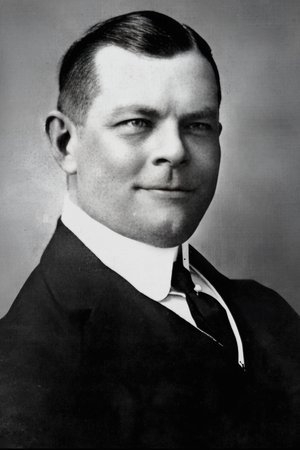Charles Urban (1867-1942)
Birthplace:
Cincinnati, Ohio, USA
Born:
April 15, 1867
Died:
August 29, 1942
Charles Urban is an American producer, director, cinematographer and editor born April 14, 1867 in Cincinnati, Ohio (United States), died August 29, 1942 in Brighton (United Kingdom). Urban made many types of non-fiction films at the Charles Urban Trading Company, including travel films, war reports, exploration films, sports films, commercials and natural history films. Filmmakers who worked for him include Jack Avery, Joseph Rosenthal, Charles Rider Noble, Harold Mease Lomas, mountaineer Frank Ormiston-Smith, George Rogers, J. Gregory Mantle, and naturalist F. Percy Smith. Smith directed one of Urban's most successful films, The Balancing Bluebottle (1908), which featured a fly balancing objects such as a wine cork with its legs. In 1906, George Albert Smith and Charles Urban created a new process in England, Kinémacolor, which recreated the impression of (partial) colors in cinema. Marketed at the beginning of 1911, the process was used in some 250 short films. In Paris, in 1913, Charles Urban built the Théâtre Édouard VII, which was above all a cinema using Kinémacolor. He sold his room to Alphonse Franck the following year. Urban remained in the United States after the war to re-establish himself as a producer of educational films through his umbrella company, Urban Motion Picture Industries Inc. He produced the Charles cinemagazine series Urban Movie Chats (launched in 1919) and Kineto Review (launched 1921), and made the feature documentaries The Four Seasons (1921) and Evolution (1923). He built a large studio in Irvington, New York, where he planned to introduce a new color film system called Kinekrom, based on the old Kinemacolor, and to distribute educational films on disc using the Spirograph. However, his business interests collapsed in 1924 and he returned to the UK in the late 1920s. He died in Brighton in 1942, aged 75.





